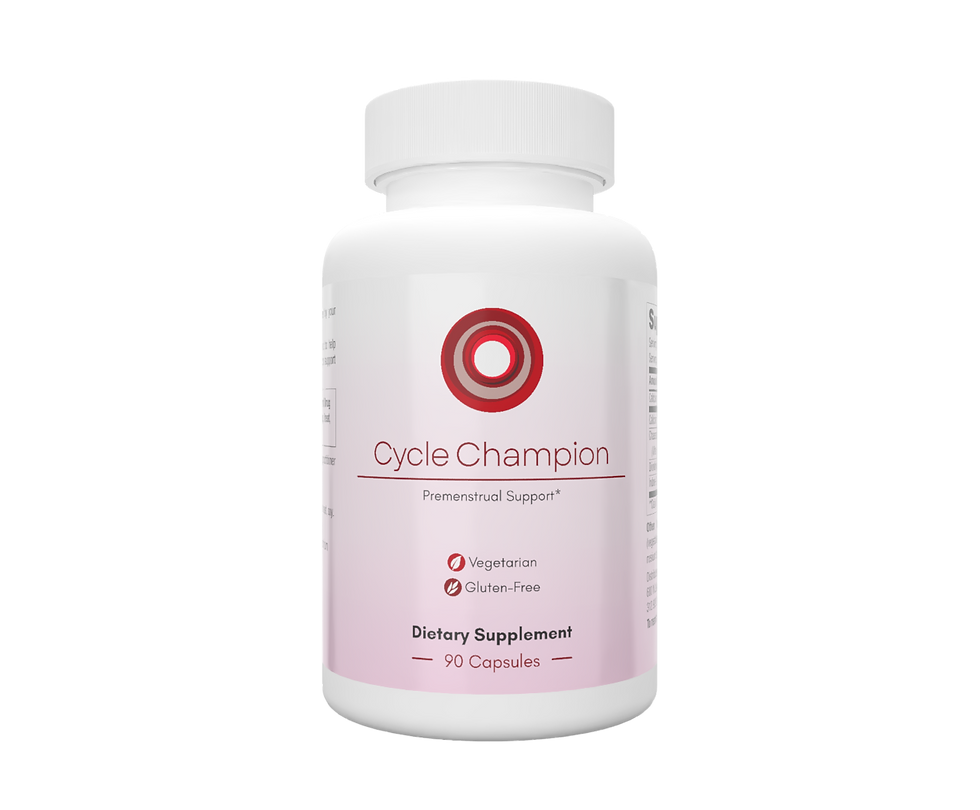Pelvic Pain: One Patient's Journey
- Dr. Nicole E. Williams
- Jun 7, 2023
- 3 min read
Painful sex isn't normal. But it's Common.
Written by Nicole Guappone

Feeling betrayed by your body is easy. Learning to love it again is the hard part.
When I started experiencing pelvic pain six years ago, I felt broken. I was diagnosed with UTIs and yeast infections and given medications even though my labs were coming back negative (no evidence of bad bacteria or yeast overgrowth). Sex hurt. Sex is supposed to feel GOOD, right?
I was young—in my late 20s—and felt betrayed by my body. Until these symptoms, I’d had completely pain-free and pleasurable sex. My partner and I liked trying new things and one of my jobs was even testing and reviewing sex toys. When sex started hurting, I felt broken and like a major part of my life was missing all of a sudden.
Research has found that some people have to wait as long as seven years for a pelvic pain diagnosis. They go from doctor to doctor and have their pain dismissed or misdiagnosed. It is appalling that this is the case because pelvic pain is SO common. I’m lucky in that I found the Gynecology Institute of Chicago very early (by comparison) in my pelvic pain journey.
In one appointment, I found out that I likely have a tense pelvic floor (it can mimic the symptoms of a UTI!) and I was referred to pelvic floor physical therapy.
I saw a pelvic floor PT for several weeks and learned so much about my pelvic floor, vagina, and vulva. It took some time and patience (both my own AND my partner’s), but I was able to have penetrative sex again. Eventually it became pleasurable again.
It’s frustrating when “it didn’t hurt!” feels like a win, but like any physical injury, recovering from a chronically tense pelvic floor can take time. And while severity varies, I’d go so far as to say most of us are prone to pelvic floor tension—just look at the current state of the world (and the collective trauma we’ve all been through since the early days of the pandemic).
Physical or emotional trauma can impact your pelvic floor. A sports injury, fall, or difficult birth can create pelvic floor challenges. Our pelvic floors are doing the work of holding our bodies upright and they also do the work of assisting in sexual pleasure. Having pain, burning, or discomfort in the vagina, bladder, or urethra can cause us to “brace” or “guard” ourselves. If something hurts, our bodies create tension to protect us.
Some things I currently do to keep my pelvic floor relaxed, supple, and strong include exercise (a mix of exercises from my PT and other types of movement that bring me JOY), masturbation (good for your pelvic floor, but also good for creating a sense of safety and pleasure in your body during a difficult time), and getting enough soluble and insoluble fiber in my diet (easy poops equal a happy pelvic floor).
Caring for your pelvic floor isn’t always glamorous, but a happy pelvic floor will absolutely contribute to a happy and healthy life. It’s been years and sometimes, I am still frustrated with my body. But in all those years, I’ve learned so much about it! I know how to recognize tension and release it before it becomes a problem. I know what foods nurture me. I have learned to appreciate the fluidity and changing natures of our bodies, our orgasms, the things that make us smile.
All of this to say: you are not alone and you are not broken! There are people out there who can help you heal and people who will not dismiss your pain. Dr. Williams and her team are some of those people. And while this isn’t meant to be a testimonial for the Gynecology Institute of Chicago, I can’t talk about my pelvic pain history without mentioning that they were the first stop on my journey to healing.




Comments